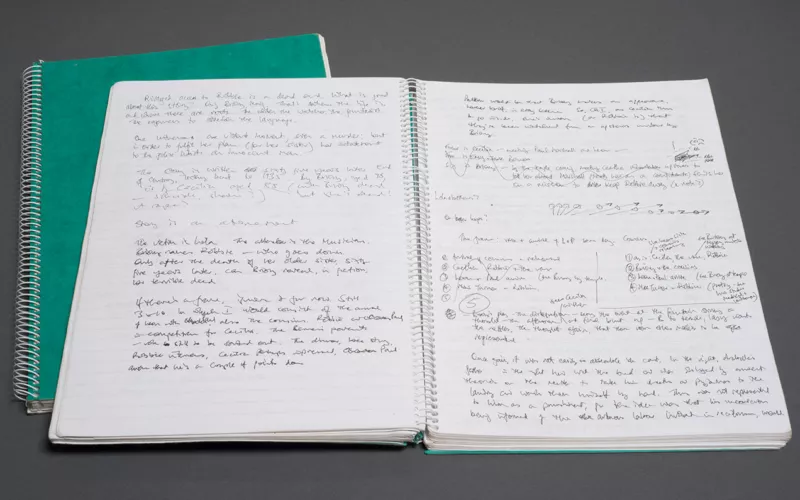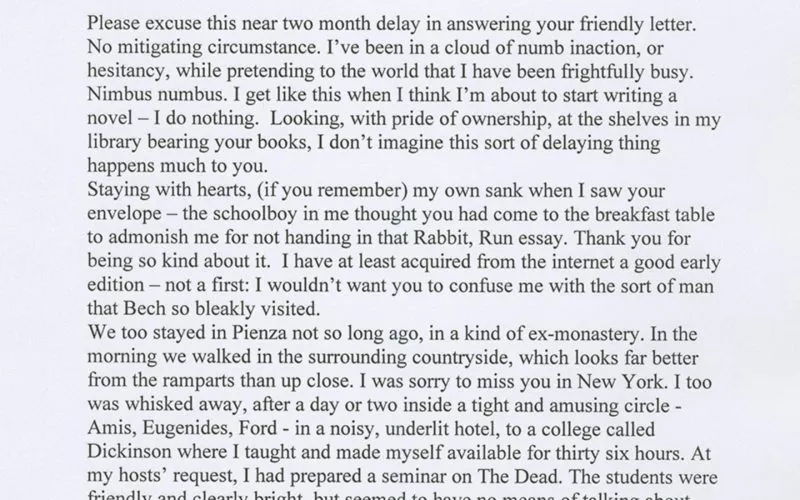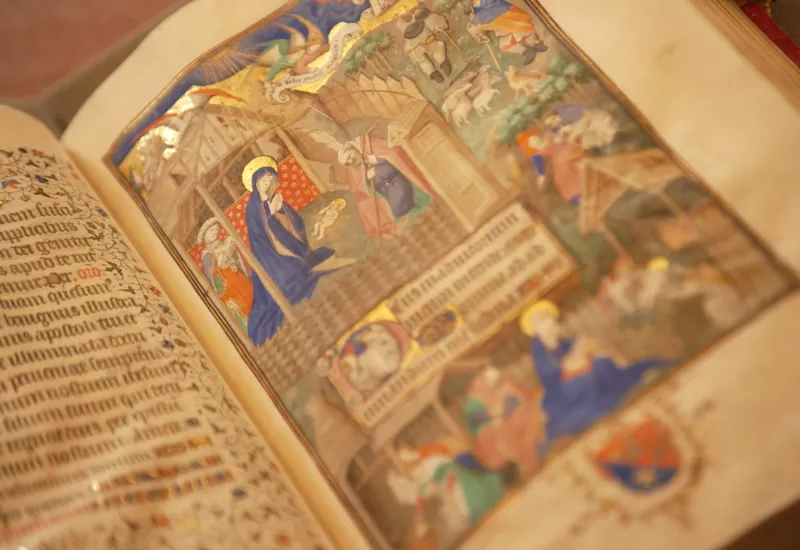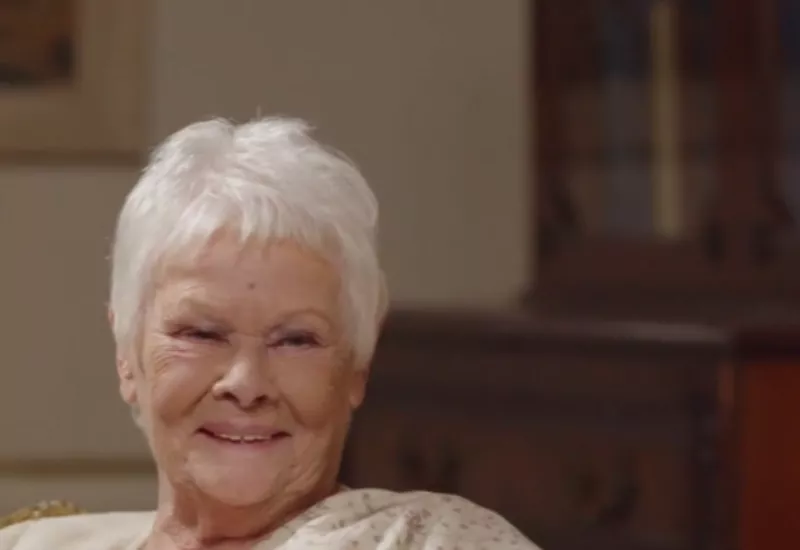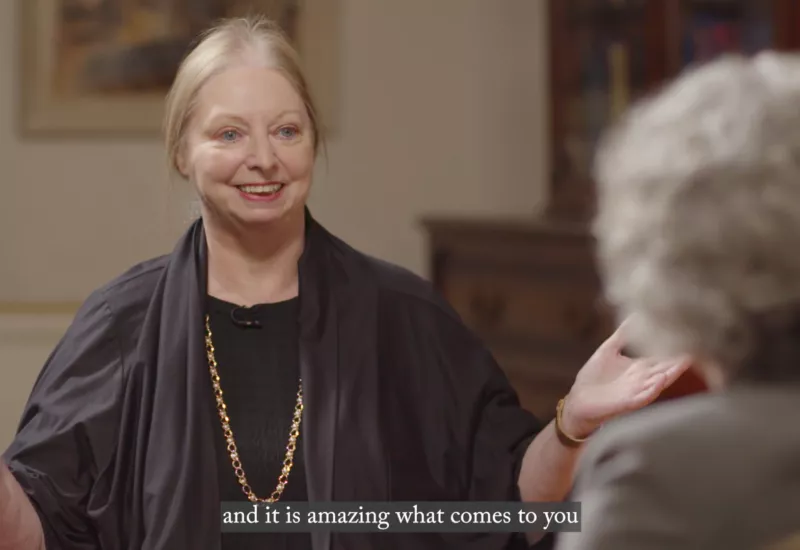Some of Ian McEwan’s earliest surviving work was found among his papers in a thick envelope of short stories, plays, and poems which the young writer had labelled ‘Complete but Abandoned!’ That exclamation mark signals his emphatic resolve. The envelope contains typed and handwritten drafts, all composed in 1970 and 1971. McEwan has dutifully dated most of them, as well as noting several changes of address, all around Norwich and King’s Lynn.
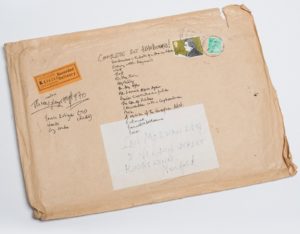
One early story, ‘Hospitality’, includes a cover letter submitting the story to Alan Ross at the London Magazine. “I have been doing a kind of ‘critical writing course’ at the University of East Anglia,” he writes to Ross in the letter. “Nothing formally organised – I was the only student and I was given the time and money to write what I wanted.” On the back of the letter, Ross offers his reaction to the story: “You’re trying too hard to be bright about nothing very much – a story needs to develop from something felt.”
This exchange offers a glimpse of the future novelist finding his way. Only one of the stories present in this packet, ‘Conversation with a Cupboard Man’, would escape abandonment and go on to be included in McEwan’s first collection, First Love, Last Rites.
